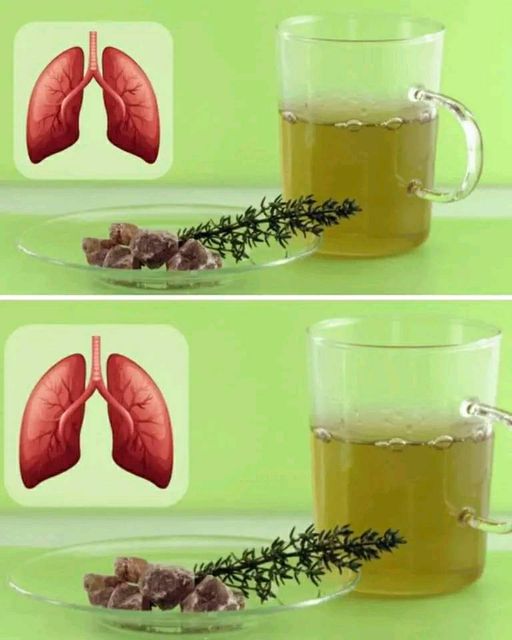1.Anti-infectious
If thyme stands out as a considerable health ally, it is partly thanks to its anti-infectious and antiseptic properties.
In the context of a study, its use in the form of essential oil demonstrated considerable action against 120 strains of bacteria from patients suffering from oral, respiratory and genitourinary infections.
Consuming thyme in the form of herbal tea or simply sprinkling it on your dishes and salads would be useful to benefit from its benefits.
2.Anti-inflammatory
Antioxidant and anti-inflammatory, thyme owes its virtues to a phenolic compound: thymol.
According to researchers, the latter could relieve asthma by targeting the free radicals responsible for inflammation.
Jean-Louis Brazier, pharmacologist recommends inhaling thyme to clear the respiratory tract.
The ideal is to boil water and pour it into a bowl, adding 2 tablespoons of thyme. You will then need to tilt your head over the container, making sure to cover it with a towel, then breathe gently for a few minutes.
3.Antimicrobial
In the form of herbal tea, thyme would provide considerable relief in cases of oropharyngeal inflammation.
Without forgetting its ability to stimulate immunity to combat certain pathologies.
For effective action, you can consume it in the form of herbal tea, 3 times a day.
It may be useful to add eucalyptus honey with expectorant properties or lemon juice for its antiseptic properties.
4.Antiviral
Inhaled and in the form of essential oil, thyme is particularly useful in combating flu symptoms.
According to a study published by The American Journal of Essential Oils and Natural Products, the aromatic has antiviral properties useful for fighting disease without harming epithelial cells.
Scientists also suggest an effective action against hemagglutinin, a protein on the surface of influenza, responsible for its attachment to the target cell.
ADVERTISEMENT

